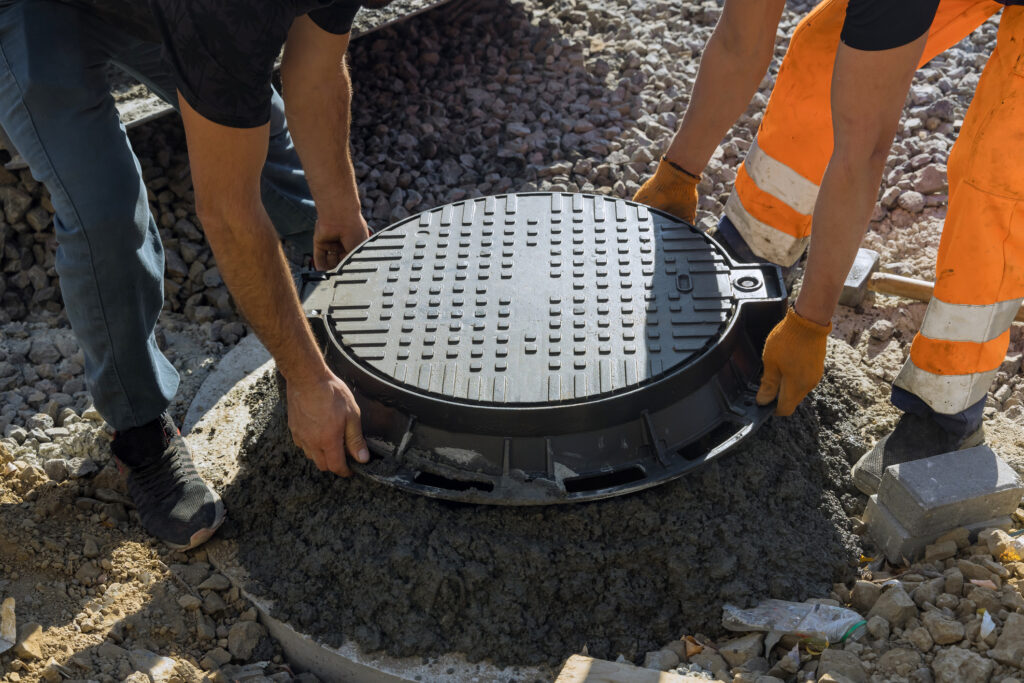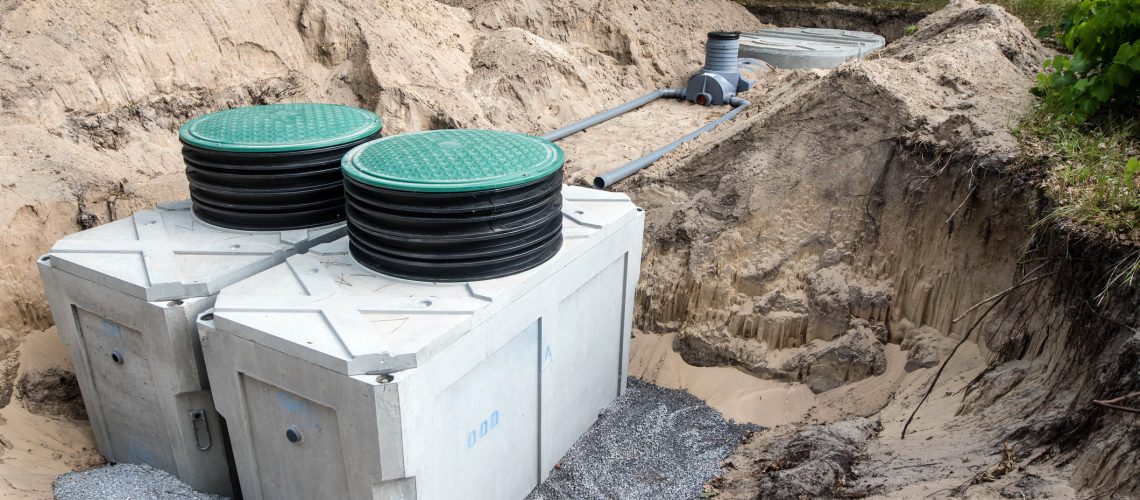Introduction
Welcome to our comprehensive guide on septic system upgrades. In this article, we will delve into the various ways you can enhance the efficiency and longevity of your septic system. Whether you’re a homeowner or a business owner, understanding the importance of septic system maintenance and upgrades is vital to avoid costly repairs and ensure the smooth operation of your wastewater management system.
The Importance of Septic Tank Upgrades
Septic tanks play a crucial role in the proper functioning of septic systems. Over time, however, these tanks can become outdated or inefficient, leading to problems such as clogs, leaks, and foul odors. Upgrading your septic tank is essential to prevent these issues and maintain a healthy and functional septic system.
How Long Does a Septic System Last?
One common question among septic system owners is, “How long does a septic system last?” The lifespan of a septic system can vary depending on several factors, including, materials used, maintenance, usage, and environmental conditions. On average, a well-maintained septic system can last anywhere from 25 to 30 years.
However, it’s important to note that older septic systems may require more frequent upgrades and repairs to ensure optimal performance. By staying proactive and investing in timely upgrades, you can significantly extend the life expectancy of your septic system.

Septic System Upgrade Options
1. Advanced Treatment Units
One of the most effective ways to improve the efficiency of your septic system is by installing an advanced treatment units, sometimes called ATUs. These systems utilize innovative technologies to filter out solids and contaminants, allowing only treated wastewater to be released into the drain field. Upgrading to an ATU can minimize the risk of clogs and reduce the need for frequent pumping. It’s important to note that these units need to be regularly maintained by an Operations and Maintenance company (O&M) licensed through the state.
2. Aerobic Bacterial Generator
Aeration units introduce oxygen into the septic tank, promoting the growth of beneficial bacteria that break down waste more efficiently. By enhancing the biological activity in the tank, aeration units help prevent the accumulation of sludge and scum, leading to a healthier and longer-lasting septic system. Here at Rapid Flush, we use the Sludgehammer Wastewater Recycling System in our projects. We find is both efficient and cost-effective.
3. Effluent Filters
Effluent filters act as a barrier between the septic tank and the drain field, preventing solids from entering the field and clogging the soil. These filters are easy to install and maintain, providing an extra layer of protection for your septic system. By incorporating an effluent filter into your septic system upgrade, you can significantly reduce the risk of drain field failure and costly repairs.
4. Pumping and Maintenance Schedules
Regular pumping and maintenance are essential for the longevity of any septic system. By adhering to a proper pumping schedule and conducting routine inspections, you can identify potential issues early on and address them promptly. A professional septic service provider can help you develop a customized maintenance plan based on your specific needs, ensuring optimal performance and preventing costly repairs down the line.
Conclusion
Investing in septic system upgrades is a proactive approach to ensure the efficiency and longevity of your wastewater management system. By incorporating advanced filtration systems, aeration units, effluent filters, and adhering to regular maintenance schedules, you can minimize the risk of costly repairs, extend the lifespan of your septic system, and maintain a healthy and sustainable environment.
Remember, a well-maintained septic system is not only beneficial for your property but also for the community and the environment as a whole.
FAQ
How often should I upgrade my septic tank?
The frequency of septic tank upgrades depends on various factors such as the age of the system, usage, and maintenance. Generally, it is recommended to consider upgrading your septic tank every 25 to 30 years. However, if you notice signs of inefficiency or experience recurring issues, it’s advisable to consult a professional to assess the condition of your tank and determine if an upgrade is necessary.
FAQ 2: Will upgrading my septic tank improve its efficiency?
Yes, upgrading your septic tank can significantly improve its efficiency. Upgrades like advanced filtration systems, aeration units, and effluent filters enhance the treatment process, reducing the risk of clogs, preventing the accumulation of solids, and promoting better breakdown of waste. These improvements help optimize the overall performance of your septic system, leading to increased efficiency and a longer lifespan.
FAQ 3: Can septic system upgrades prevent drain field failures?
Absolutely! Septic system upgrades play a vital role in preventing drain field failures. Effluent filters act as a barrier, preventing solids from entering the drain field and causing clogs. Advanced filtration systems remove contaminants, ensuring only treated wastewater reaches the drain field. By upgrading your septic system with these components and adhering to regular maintenance schedules, you can significantly reduce the risk of drain field failure and avoid costly repairs.
FAQ 4: Are septic system upgrades expensive?
The cost of septic system upgrades can vary depending on the specific upgrades you choose and the complexity of the installation process. While there is an initial investment involved, it’s important to view it as a long-term investment in the efficiency and longevity of your septic system. Regular maintenance and timely upgrades can save you money in the long run by preventing costly repairs and avoiding the need for complete system replacements.
FAQ 5: Can I perform septic system upgrades myself, or should I hire a professional?
Septic system upgrades typically require specialized knowledge and expertise. It is highly recommended to hire a professional septic service provider for the installation and maintenance of septic system upgrades. These professionals have the necessary skills, tools, and experience to ensure that the upgrades are performed correctly and in compliance with local regulations. Hiring a professional will give you peace of mind and help maintain the optimal performance of your septic system.


